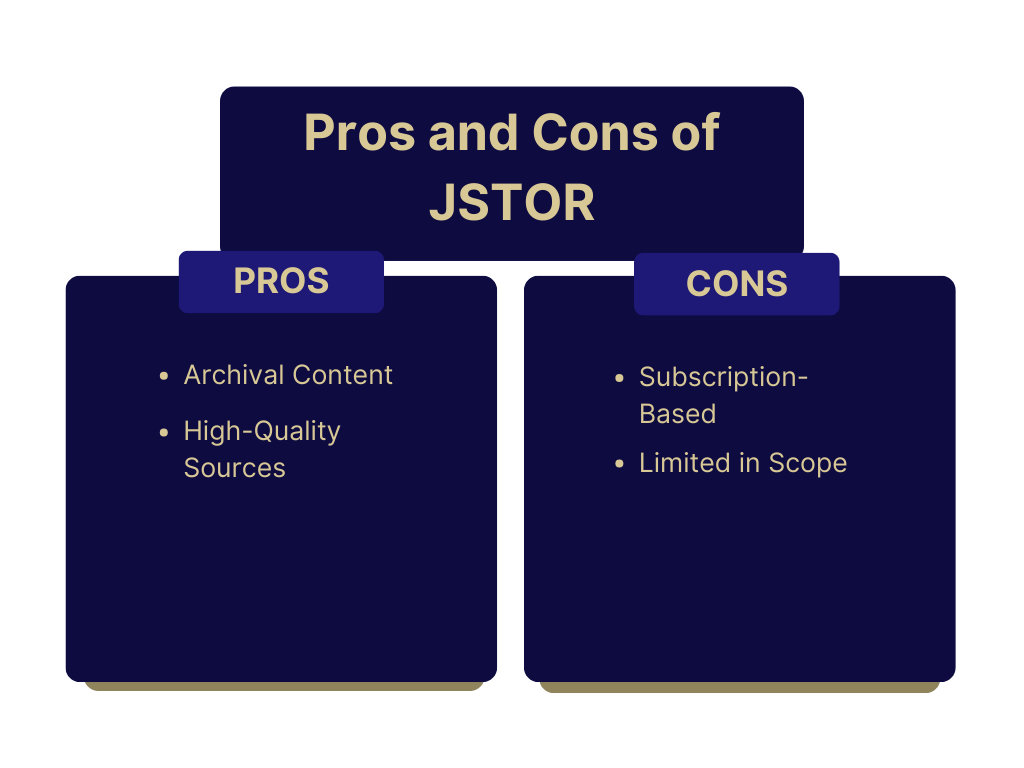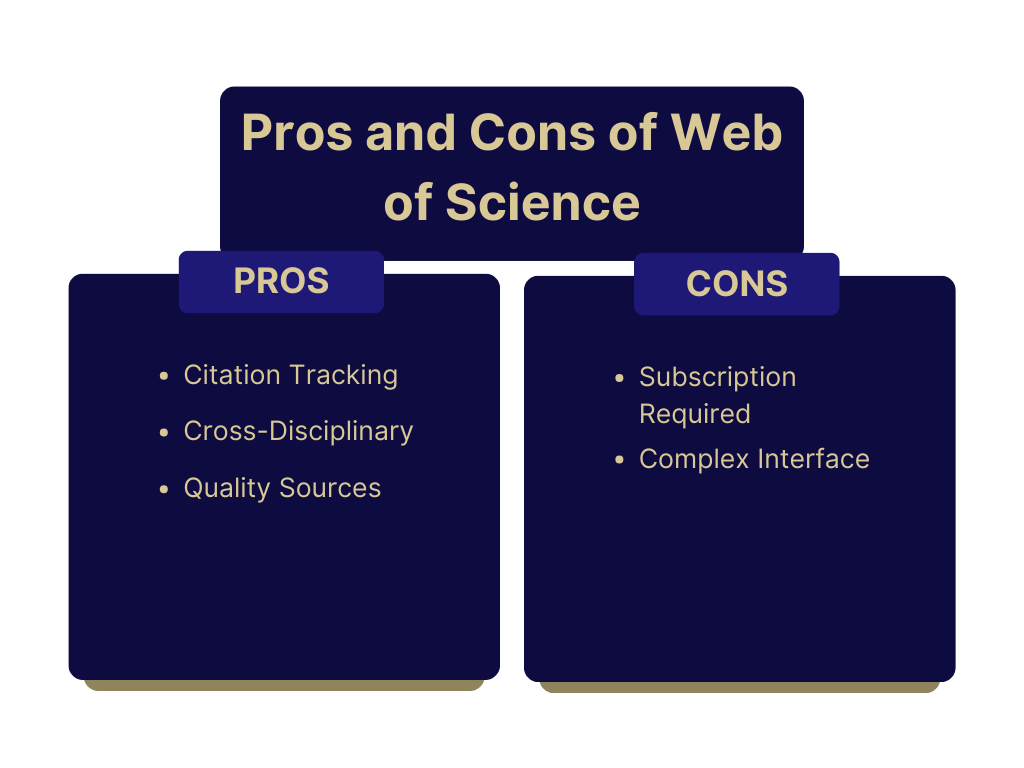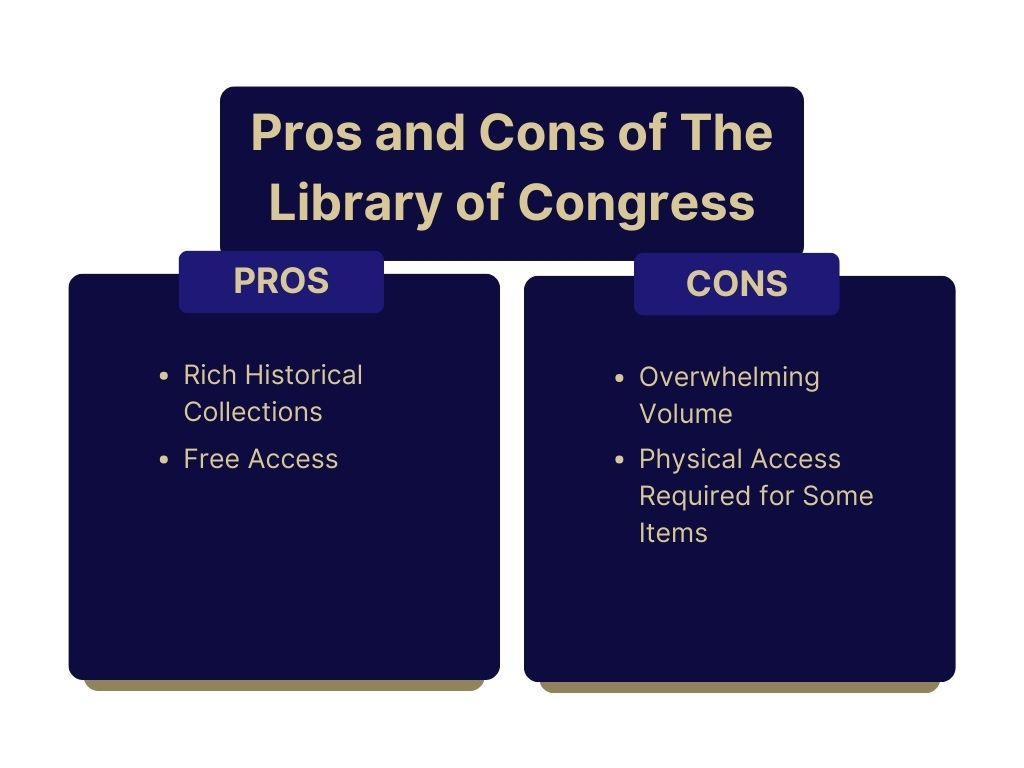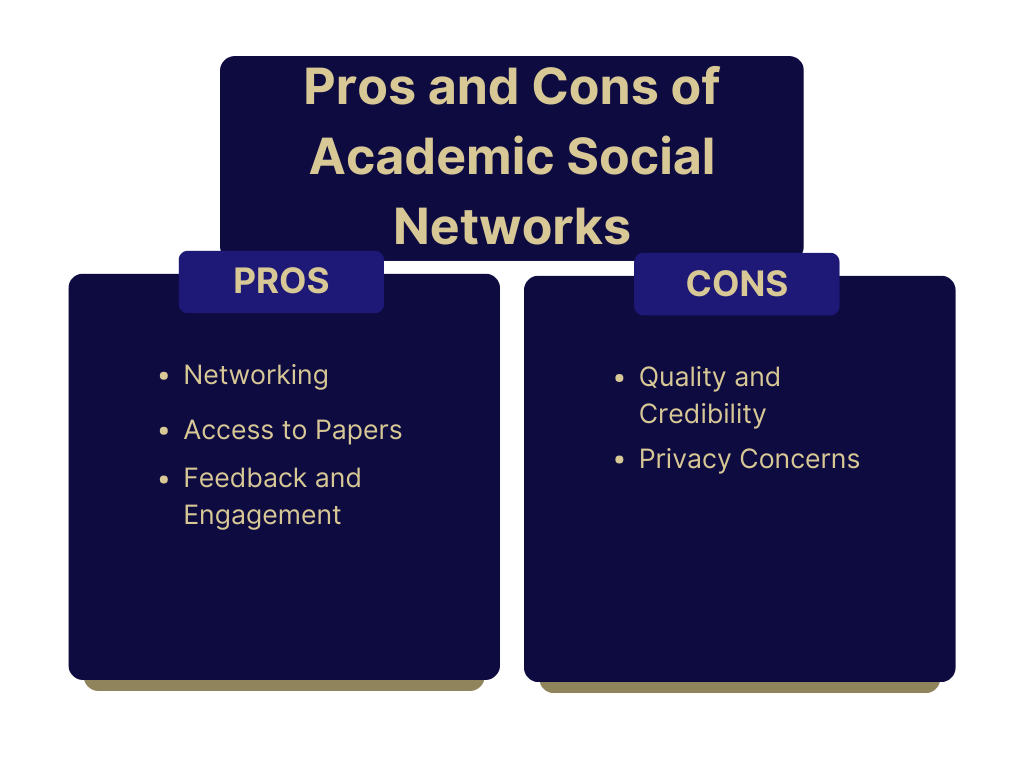Academic research writing is a critical skill for students and professionals across various fields. An academic research involves the collection, analysis, and presentation of information in a structured format, often requiring extensive research and the use of reliable sources. No matter if you are working on a thesis, dissertation, research paper, or any scholarly article, having access to quality resources can significantly enhance the depth and credibility of your work. In this article we discuss the top 7 resources for academic research writing, each offering unique tools and databases to aid in your scholarly endeavors.
1. Google Scholar
Google Scholar is a freely accessible web search engine that indexes the full text or metadata of scholarly literature across an array of publishing formats and disciplines. This platform allows researchers to search for scholarly articles, theses, books, abstracts, and court opinions, from academic publishers, professional societies, online repositories, universities, and other web sites. Google Scholar is praised for its ability to provide a broad overview of academic research on nearly any topic, offering links to journal articles, conference papers, and other scholarly literature.

2. JSTOR
JSTOR is a digital library for scholars, researchers, and students, providing access to thousands of academic journals, books, and primary sources within various fields. Although access to JSTOR’s full library requires a subscription, many institutions offer free access to their students and faculty. JSTOR is particularly valuable for historical and social sciences research, as it includes a vast archive of publications dating back to the 19th century.

3. PubMed
PubMed is a free search engine accessing primarily the MEDLINE database of references and abstracts on life sciences and biomedical topics. Managed by the US National Institutes of Health’s National Library of Medicine, PubMed is an essential resource for academic research in fields related to biology, healthcare, and medicine. It provides access to more than 30 million citations for biomedical literature from MEDLINE, life science journals, and online books.

4. Web of Science
Web of Science is a comprehensive research platform that offers access to a wide variety of scientific literature. It covers several databases that reference cross-disciplinary research, allowing users to search for articles, conference proceedings, and other resources across numerous subjects. Web of Science is known for its citation indexing feature, which makes it easier to track the impact of specific articles and discover related research.

5. Scopus
Scopus is a large abstract and citation database of peer-reviewed literature, including scientific journals, books, and conference proceedings. Offering a comprehensive overview of the world’s research output in the fields of science, technology, medicine, social sciences, and arts and humanities, Scopus features smart tools to track, analyze, and visualize research. This resource is invaluable for those looking to conduct comprehensive literature reviews and stay updated on their field’s latest research.

6. The Library of Congress
The Library of Congress provides an extensive collection of resources and digitized material that can be invaluable for researchers in humanities, law, and the arts. It is the largest library in the world, with millions of books, recordings, photographs, maps, and manuscripts in its collections. The Library’s online catalog and digital collections can be accessed freely, offering a wealth of primary sources and historical documents.

7. Academic Social Networks
Platforms such as ResearchGate and Academia.edu are social networking sites for researchers and scholars to share papers, ask and answer questions, and find collaborators. While they do not replace traditional peer-reviewed journals, these platforms can provide valuable insights into current research trends and allow researchers to disseminate their work and receive feedback from their peers.

In conclusion, these resources offer a wealth of information and tools for academic research writing across various disciplines. By leveraging these platforms, researchers can access a vast array of scholarly literature and data, enhancing the quality and depth of their work. Each resource has its strengths and is suited to different types of research needs, so exploring multiple platforms can be beneficial to your research process.







Leave a Reply
You must be logged in to post a comment.